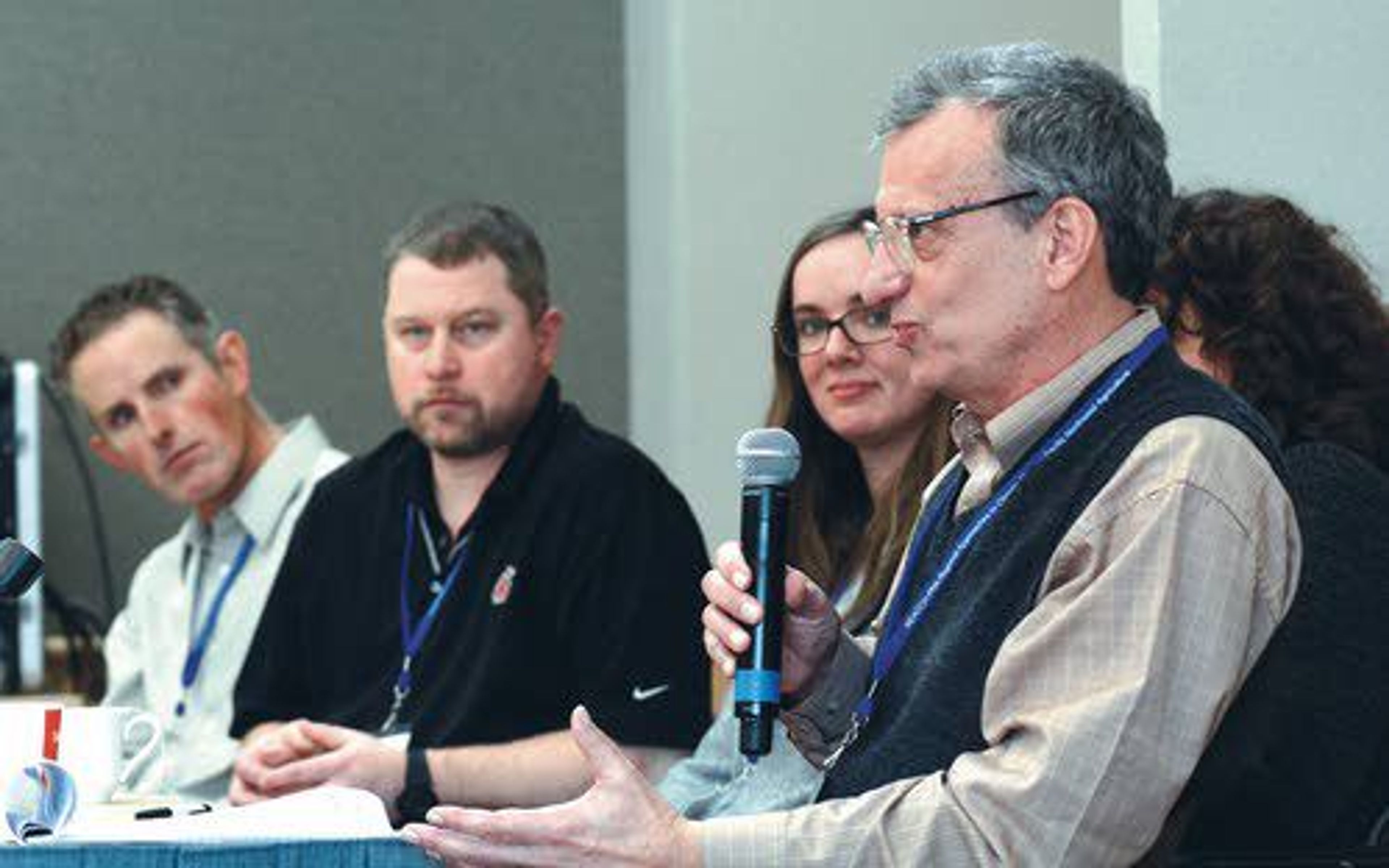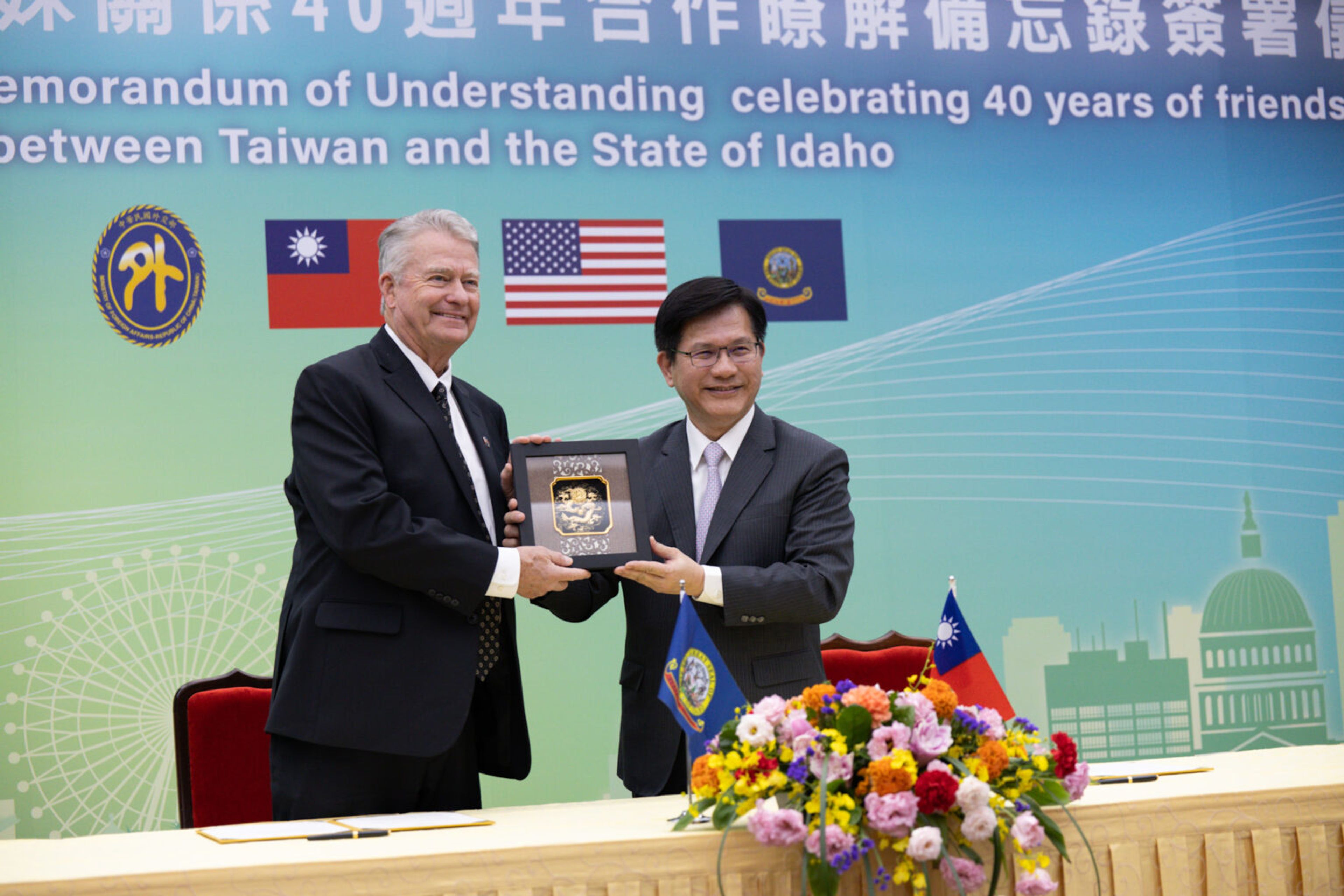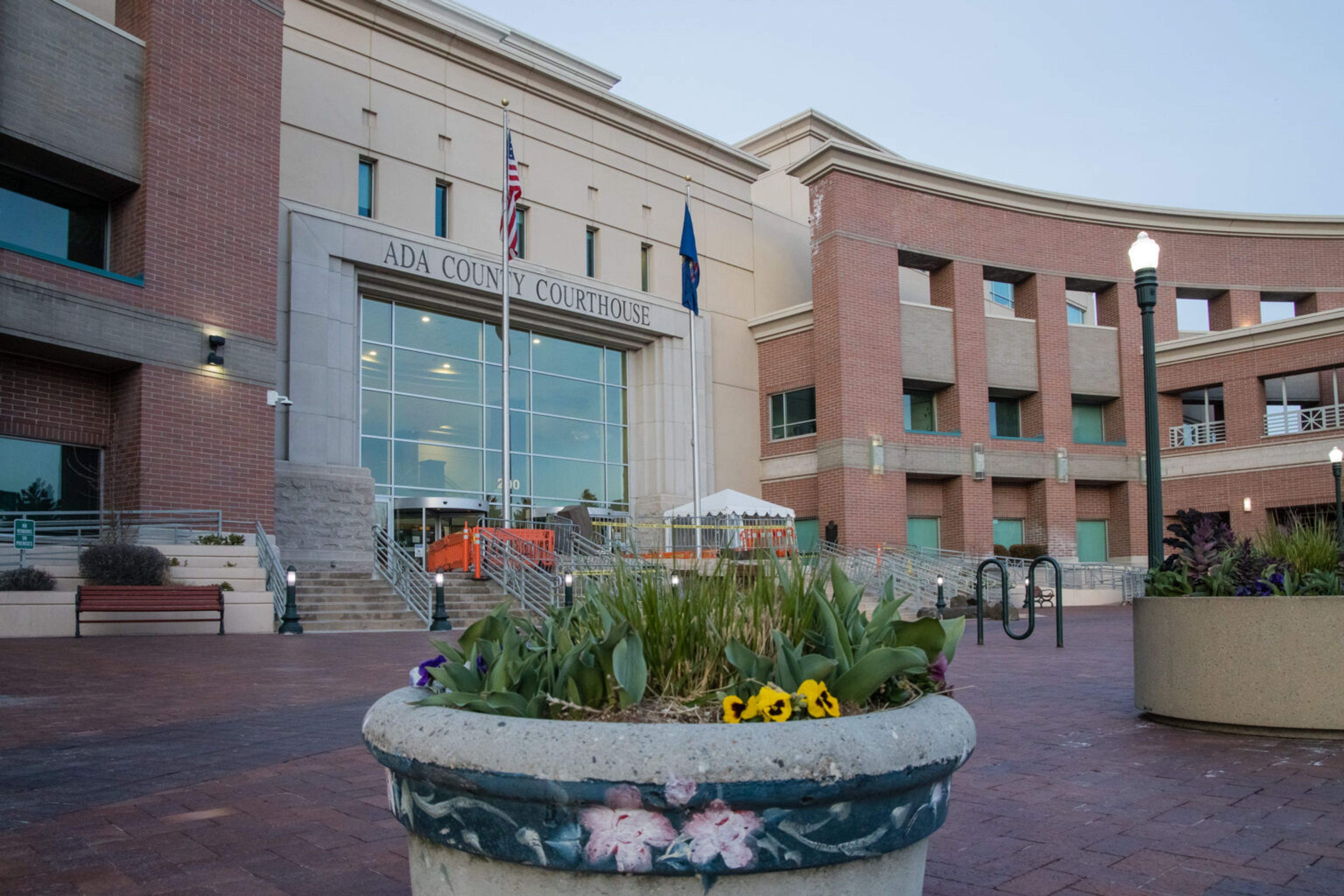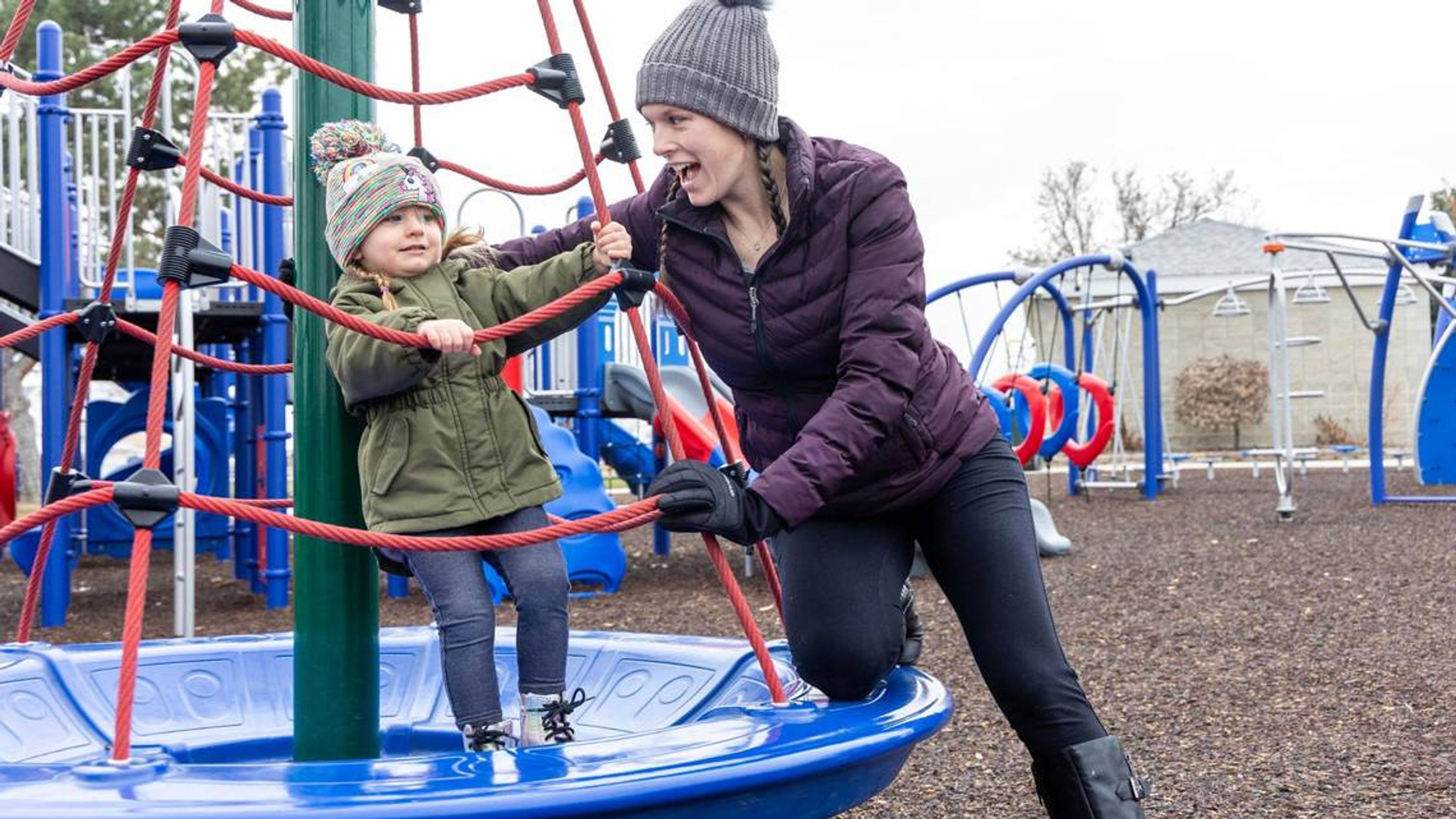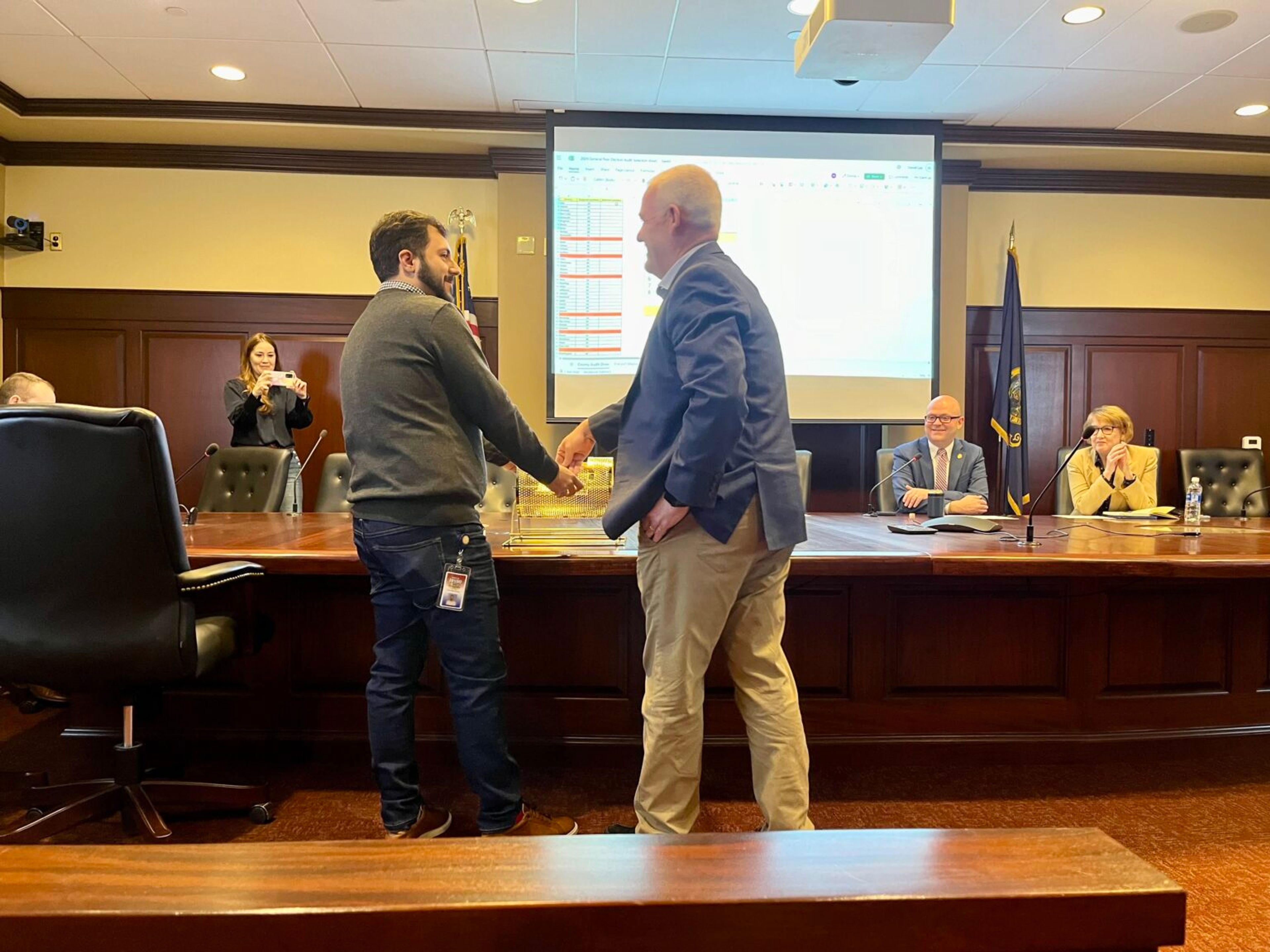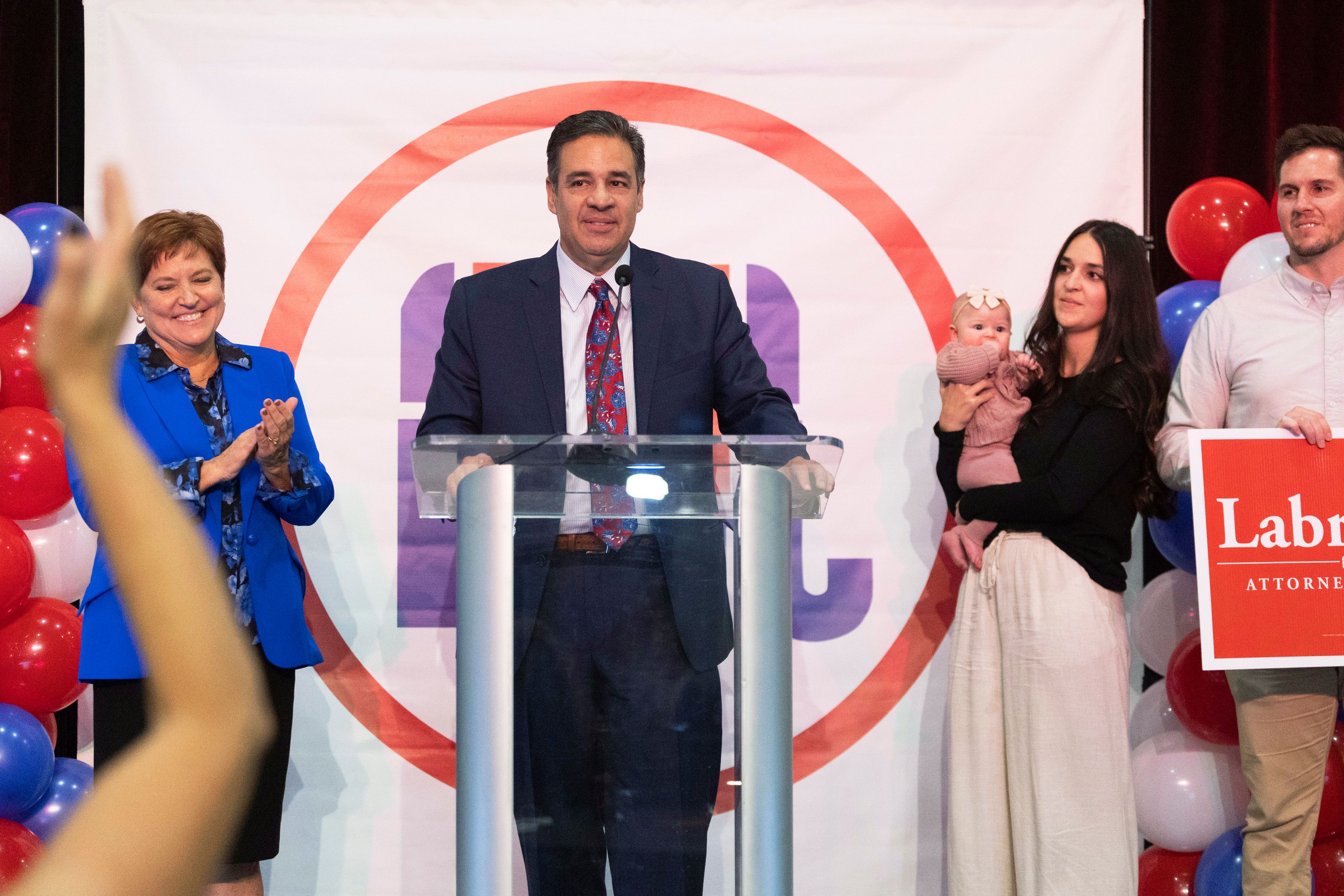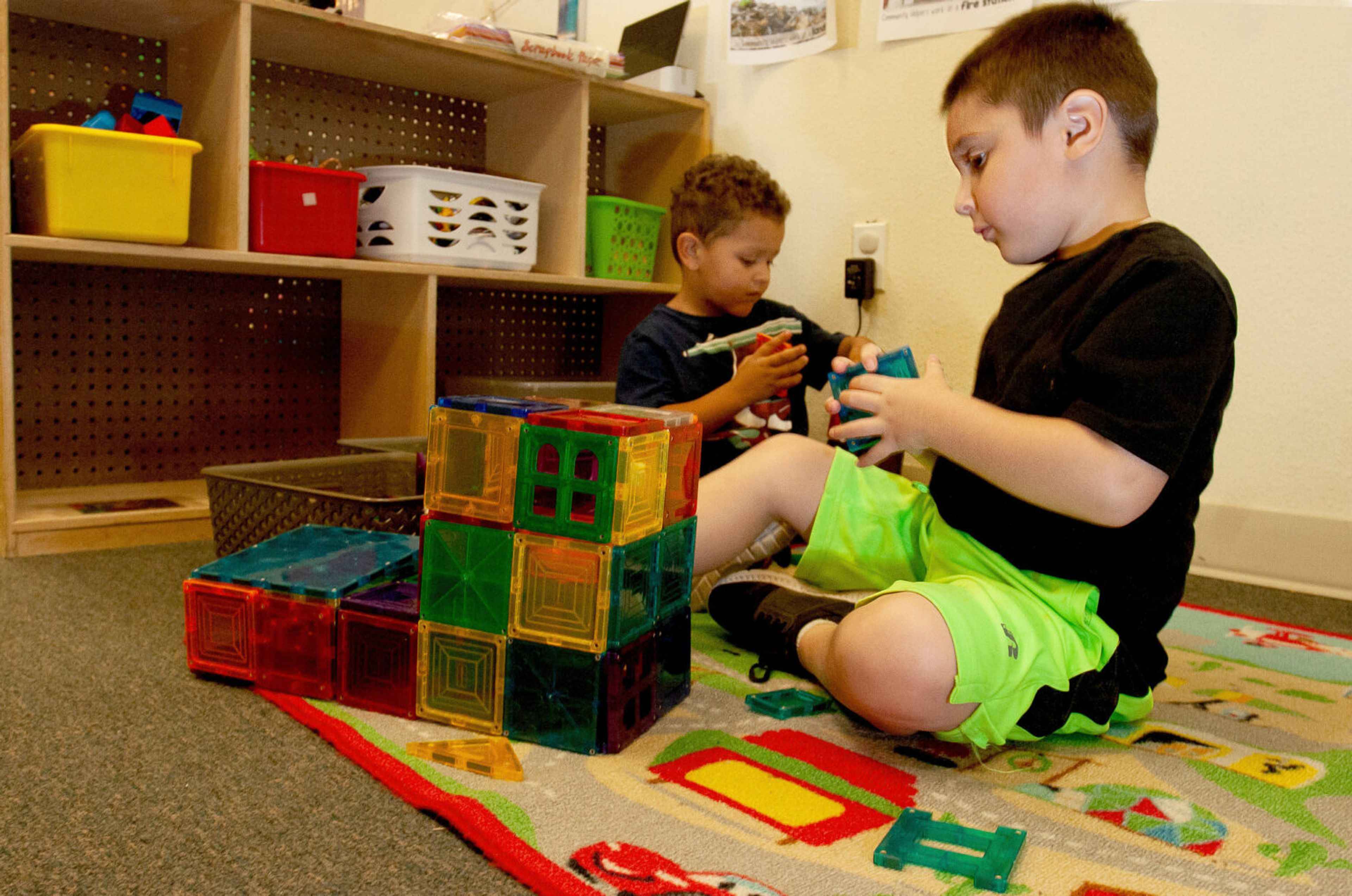Mind change lags climate
$20 million climate change/agriculture program fails to sway area farmers
MOSCOW - A six-year, three-state, $20 million research project to study the potential effects of climate change on agriculture appears to have done little to persuade farmers that human-caused climate change is a reality.
Two surveys of farmers conducted by a team of more than 200 scientists from the University of Idaho, Oregon State University and Washington State University revealed a resistance to the controversial notion of climate change.
"Based on our surveys, we know that the majority of producers (in the Pacific Northwest) don't consider human-driven climate change to be an issue," said Sanford Eigenbrode, one of the directors of the Regional Approaches to Climate Change (REACCH) team. The project, which involved the largest research grant ever awarded to the University of Idaho, came to a conclusion Thursday with scientists from all three schools and others gathered at the University of Idaho Commons to cap their work over the past six years.
Eigenbrode said farmers are "climate skeptics."
That does not mean, however, that the project or the efforts of scientists to engage producers about climate change was a failure.
Their skepticism, Eigenbrode said, "has provided us interesting discussions with producers who are not necessarily on board with that. At the same time, they like what we're doing because what we're doing affects the bottom line today and influences their systems in the near future."
The project focused on wheat production but also examined implications for other crops. It explored ways to limit farming's impact on climate change, developed new climate change education materials for K-12 students (see related story on Page 6C) and analyzed likely pest and climatic condition changes.
Eigenbrode said there's no evidence that farmers are changing management practices in any big way because of their positions on climate change.
"But the ones that we've interacted with, I think we've had some fruitful discussions. And there has been climate variability recently that's encouraged them to be more responsive and attentive to what we're doing."
Farmers aren't the only ones wary of embracing climate change science. The project also connected with K-12 teachers and students to educate them about the issue.
Jodi Johnson-Maynard, a soil and water scientist at UI, helped organize summer workshops for K-12 teachers around the topic of climate change.
There were some teachers, Johnson-Maynard said, "that weren't sure about how they felt about climate change. There was an awful lot of confusion."
Johnson-Maynard said teachers had problems putting together lesson plans on agriculture and climate change.
"On the web, you can find amazing-looking materials that may be correct and spot-on and may not be," she said. "So teachers really struggled with that - sorting through what's real and what's not. What's the best materials? What's the best way to present this to our children?"
Johnson-Maynard said over time researchers were able to build relationships with many of the teachers who attended their workshops and promote the REACCH project as a resource for real information and materials that will translate well in their classrooms and help answer confusing and sometimes political questions.
Chad Kruger of WSU worked with the extension service portion of REACCH. He said farmers' acceptance of climate change may not make any difference.
"I'm not sure it really matters what someone thinks about whether the climate is changing or what the cause is," Kruger said. "We have a highly variable climate anyway, and we have to manage under uncertainty, whether it's climate or markets or technology or everything else.
"And the person who's going to be successful moving into the future is the one who's adapted to taking what information, tools and technology are available and managing that uncertainty. And I think that's probably the key factor in farming success in the future."
Genesee-area farmer Eric Odberg embraced the REACCH project from the beginning. He said farmers should take advantage of the project's research.
"What if farmers - back in the 1920s, before the Dust Bowl - if they had this kind of research going on, would they have been better prepared for what came about in the Dust Bowl?" Odberg asked.
"I think that no grower can really argue that we (don't) have more extremes in our climate now. All the applicable research that has been done makes them better prepared for what's ahead as far as climate change."
Hedberg may be contacted at kathyhedberg@gmail.com (208) 983-2326.
